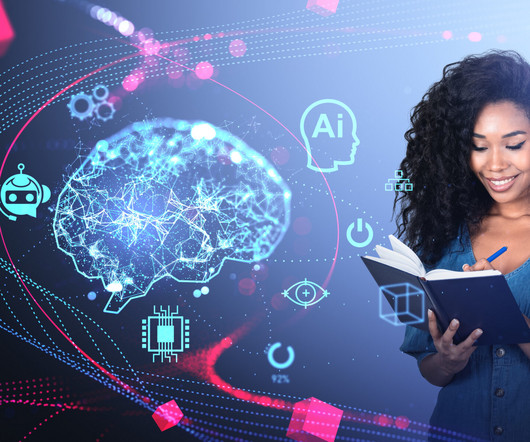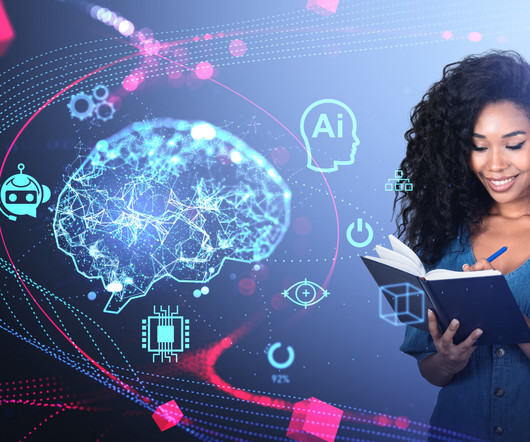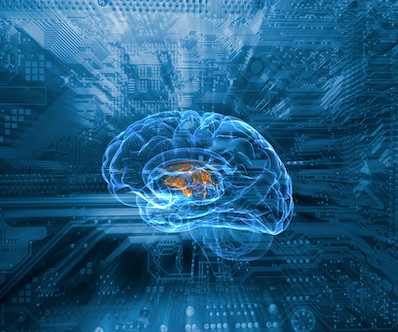Artificial Intelligence and Critical Thinking in Higher Education: Fostering a Transformative Learning Experience for Students
Faculty Focus
JULY 13, 2025
To guide this transformative learning process, critical thinking will become an invaluable commodity. The critical thinking model developed by Dr. Richard Paul and Dr. Linda Elder is pragmatic and fosters the critical thinking skills needed to navigate AI.














Let's personalize your content